News & Articles
- Read MorePublished 28/07/22, by Louise EvansOn Thursday 21st July Liz truss visited The Spinney as part of her campaign trail to become the new leader of the Conservative party. This was a fantastic opportunity for families to have their concerns heard at the highest level, and she pledge
- Read More
Preventing after school 'meltdowns'
Published 31/08/21, by Michelle KingHaving a 'bad attitude' or throwing tantrums straight after school can be common during the first few weeks of a new term.
Described as an “after-school restraint collapse” by psychotherapist Andrea Nair, this can occur when children get back to their safe space and are able to express they may have been holding-in all day.
Below are some coping techniques that you might find useful.
- Read More
5 top tips to support your child's reading at home
Published 23/08/21, by Michelle KingReading with your child, or encouraging your child to read independently just for ten minutes a day can build their vocabulary and understanding of the world. Research shows that reading can aid sleep readiness, reduce stress and increase memory. Her - Read More
Thank You Odiri Tax Consultants And Accountants
Published 21/07/21, by Michelle KingOdiri Tax Consultants & Accountants have given a therapeutic lifeline to disabled children in Peterborough and beyond thanks to their amazing Team 500KM Walk Challenge For Disabled Children. In the months of June and July 2021, the team has managed to raise an incredible £3048 and they're not done yet - they're coming into the final two weeks of their challenge and they need your support to meet their £5000 target. This generous donation will pay for over 300 one to one play sessions for children like Libby.
Libby has Bohring Optiz Syndrome, a rare condition that affects the individual's growth and development. Libby’s mum, Kirsty, told us: “Both Libby & myself enjoyed our one to one play sessions at Little miracles. We felt relaxed, safe & at ease which was a huge relief after so long shielding & worrying about COVID. A fantastic range of play suited specifically for Libby’s needs, sensory stories, messy play, music & singing & our personal favourite sensory massage. I learned so many new techniques & skills to enable me to engage more with Libby when playing together. Exploring with the sensory stories was amazing, seeing Libby react in even the smallest of ways was such a joy & the excitement but also calmness in her expressions during sensory massage was heartwarming.”
- Read More
Sensory Circuits
Published 11/07/21, by Michelle KingSensory circuits is a sensory programme designed to help children/young people to achieve the right level of alertness to improve concentration and to develop the child's sensory processing abilities.
- Read More
Food for thought.
Published 14/01/21, by AdminHow to make anything but meat pie!
- Read More
Elves running for Little Miracles
Published 11/11/20, by AdminElves to race 5K and raise money for families with disabled children.
- Read More
How we supported children like Adam* during Covid 19
Published 18/09/20, by AdminDuring the Covid 19 pandemic Little Miracles was still here for the children and families who needed us.
Below, one of our childcare team talked about the difficulties faced by families accessing support at that time and assured them that we were still there for them when they needed us most.
- Read More
Miracle Makes Is Back!
Published 13/09/20, by AdminYes! Miracle Makes is BACK!
- Read More
Summer!
Published 13/09/20, by AdminVirtual Summer, Real Fun!
- Read More
The End of "No DSS"
Published 11/09/20, by AdminThe Problem If you look at the four basic things humans need to live – food, warmth, water and rest – you'll see that they're all tied into having somewhere to live. In today's discrimination-intolerant society, why has i - Read More
Little Miracles - Under the looking glass.
Published 03/08/20, by AdminWe found them - Little Miracles Charity.


-229.JPG)
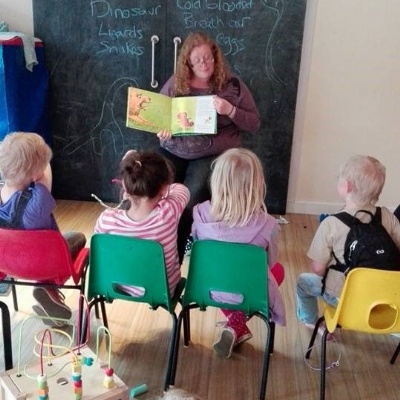

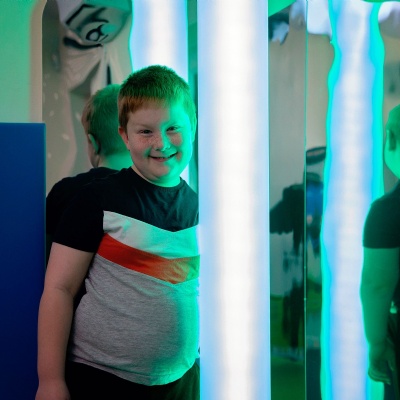
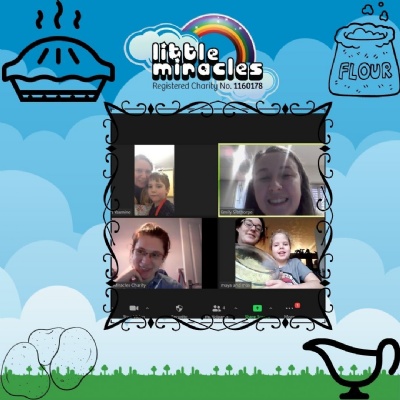
.jpg)
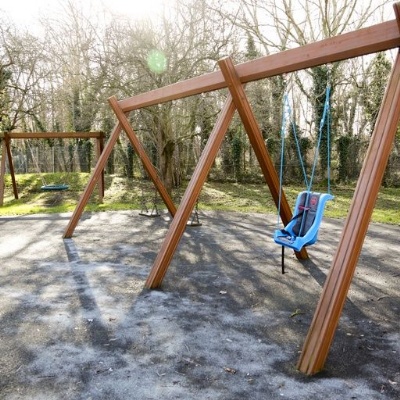
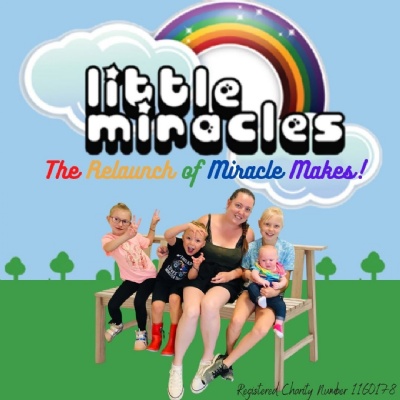
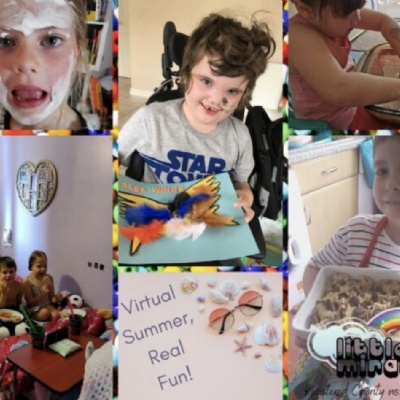
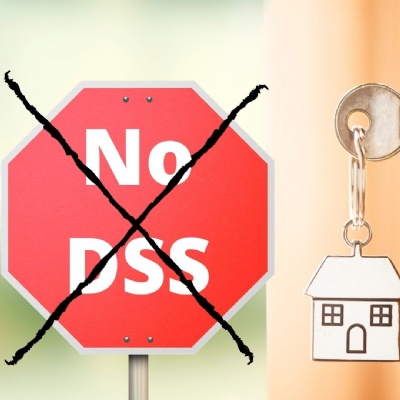
.jpg)